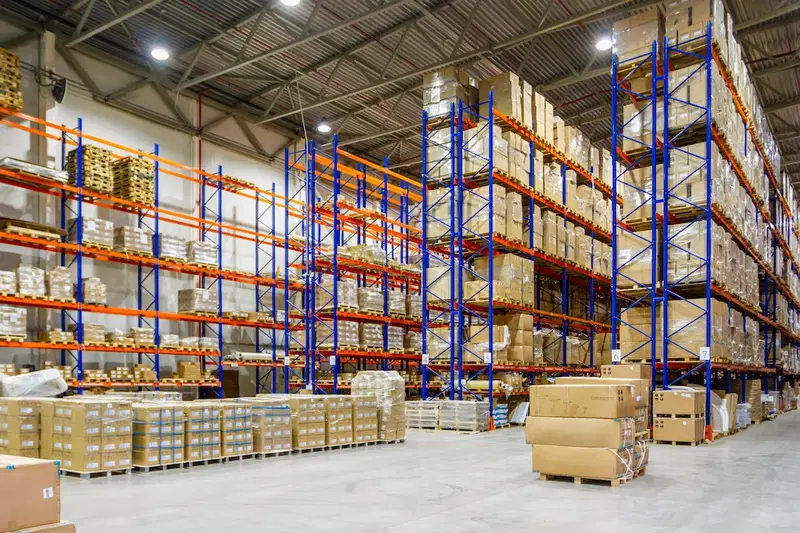• Rising Inflation: Higher production costs and reduced consumer spending power
• Subsidy Removal: Increased costs of production and reduced competitiveness
• Devaluation of Naira: Higher costs of imported raw materials and reduced exports
• Interest Rates: Higher borrowing costs for manufacturers, leading to reduced production and increased prices
Nigeria’s manufacturing sector is facing significant challenges, with a 357.57% rise in unsold finished products inventory, reaching N1.24 trillion in the second half of 2024 . This alarming increase is attributed to declining consumer purchasing power, escalating inflation, subsidy removal, and devaluation of the naira. The Manufacturers Association of Nigeria (MAN) reports that high levels of unsold inventories reflect the challenges faced by consumers, emphasizing the need for interventions to stimulate demand and improve sector performance.
Key Challenges Faced by Manufacturers:
• Financing: High interest rates (25-40%) on loans, making it difficult for manufacturers to access funds
• Operations & Management: Inefficient processes, lack of production forecasting, and inventory management
• Lack of Properly Trained Workers: Shortage of skilled employees with management and technical skills
• Infrastructural Issues: Unreliable power supply, bad roads, and poor storage facilities
• Distribution & Logistics: Difficulty in getting products to market due to poor distribution channels
• Marketing & Branding: Negative perception of locally-made products, impacting sales
The Association of Small Business Owners of Nigeria (ASBON) notes that the removal of the import ban has flooded the market with imported products, reducing competitiveness of made-in-Nigeria products.
To address these challenges, experts call for decisive economic reforms, including:
• Implementing critical reforms to enable the manufacturing sector
• Addressing challenges such as inflation, power outages, and high production costs
• Investing in key subsectors to attract investments and stimulate growth
By tackling these issues, Nigeria can revitalize its manufacturing sector, boost economic growth, and create employment opportunities.





















